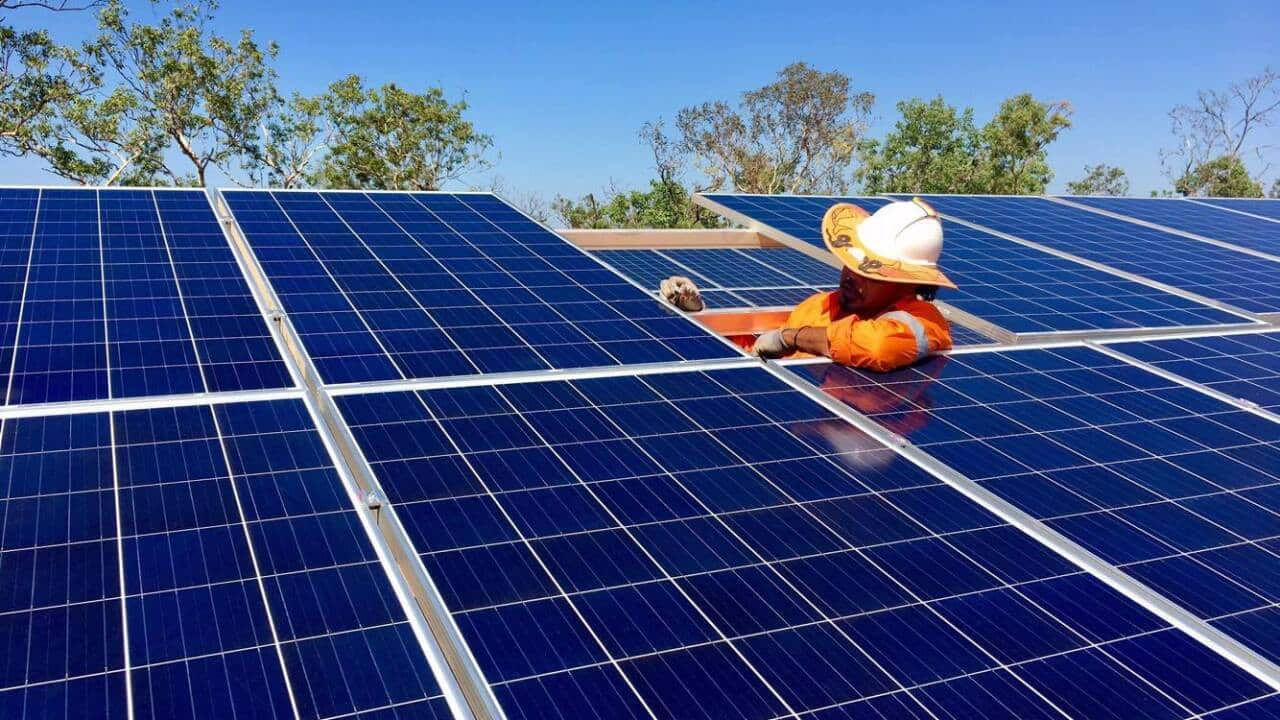Wind, solar and battery technologies are becoming so cheap the government may not need to use subsidies to reduce emissions, energy minister Josh Frydenberg has suggested.
Mr Frydenberg said the government would decide on whether to implement a post-2020 clean energy target, as recommended by Chief Scientist Alan Finkel, by the end of 2017.
But he said the need for a target with subsidies for renewables would be weighed against the market forces already driving down prices in the private sector.
“It is against this backdrop of a declining cost curve for renewables and storage, greater efficiencies in thermal generation, and the need for sufficient dispatchable power in the system that we are considering Dr Finkel’s 50th recommendation,” Mr Frydenberg told an energy summit in Sydney.
The government has adopted 49 of Dr Finkel’s 50 recommendations, but some conservatives in the party have voiced strong opposition to a clean-energy target.
Last month, former prime minister Tony Abbott said he may cross the floor and vote against the government if continued down the “renewable path”.
Nationals MP George Christensen also said he would vote against a clean energy target.
Mr Frydenberg said renewables were becoming more affordable and said he expected that trend to continue.
“Domestically, solar PV costs have dropped by more than 50 percent,” he said.
“By 2020, costs of battery technologies are expected to fall 40-60 percent, and over 70 percent by 2030.”
Shorten: Walking away the worst possible option
Labor leader Bill Shorten reasserted the need for a clean-energy target to replace the current renewable energy target that expires in 2020.
Addressing the same energy conference, Mr Shorten repeated his offer to work with the government on designing the scheme.
He said a clear target would give industry and investors more certainty and help stabilise the market.
“Walking away is the worst possible option. It would leave investors in the lurch,” he said.
“Work with Labor to deliver a CET [clean energy target] that is workable.”
Labor has previously offered to compromise on the clear-energy target, but would not support a scheme that extended subsidies to “cleaner” coal-fired power stations designed to capture and store their carbon emissions.
Mr Frydenberg also criticised Labor state governments for restricting natural gas exploration.

